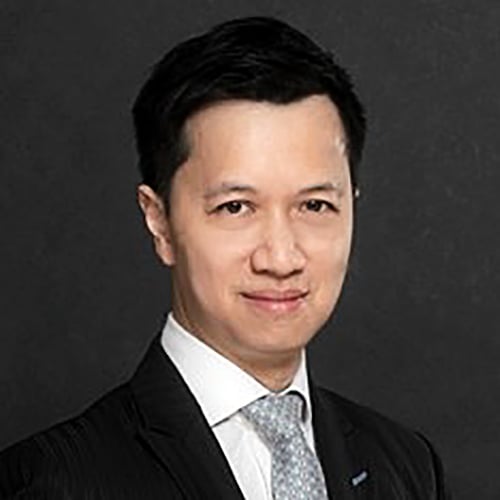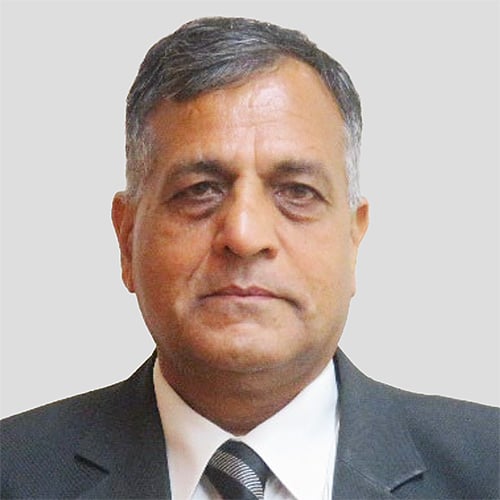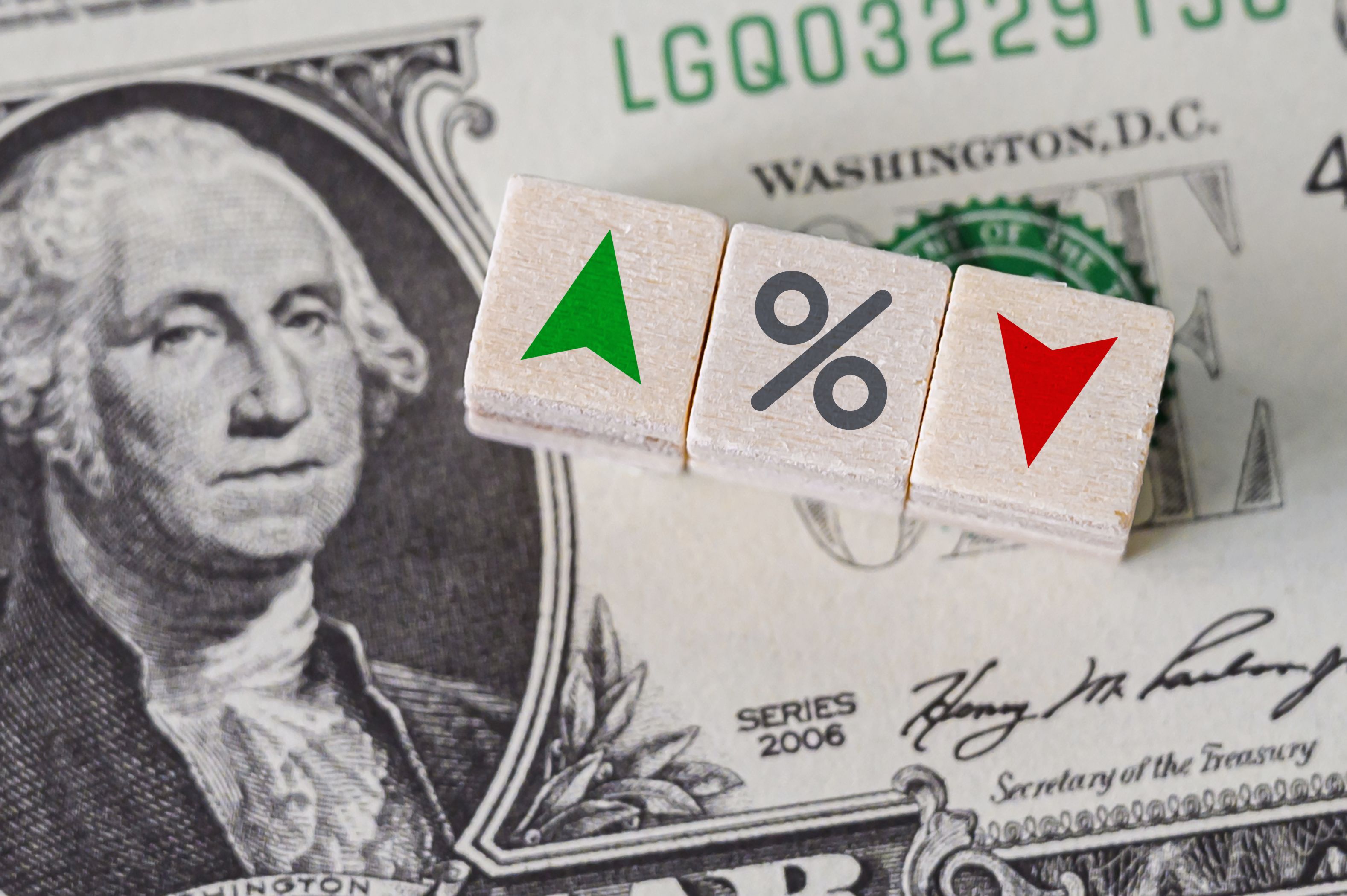High-net-worth investors in Asia-Pacific are changing their attitude towards sustainability, considering it not just as a “worthy cause” but a legitimate financial opportunity, a new study finds.
The issue of sustainability has permeated almost all investment classes as a result of the climate change response and carbon transition, and Covid-19 has exacerbated this trend. It is therefore no surprise that sustainability is widely recognized as a key topic among HNW individuals, Lombard Odier says in its latest report on the region’s HNWIs, “The certainty deficit: Navigating unchartered waters”.
In its survey, 59% of respondents say they believe sustainability will generate superior returns, compared with 54% last year. As a result, 40% have already actively increased the proportion of sustainability factors in their portfolio since Covid-19, up from 34% last year. 51% of those who have not acted yet intend to do so, compared with 44% in 2020.
Asian investors are increasingly taking action on sustainability, more than last year, and this trend will continue increasing in the future, the wealth manager says. Investors have already started to scrutinize companies’ environmental footprint, policies and practices, such as through their environmental, social and governance (ESG) scores – a trend exacerbated by Covid-19. Of the respondents, 72% are now expecting an accelerated response to climate change, up from 52% last year.
However, the gap between conviction and action remains. About 60% of respondents say they have not actively increased the proportion of sustainability elements in their portfolio, and 49% of those say they are not intending to or unsure about doing so. This gap creates both an opportunity and a responsibility for banks to lead the way forward to educate investors, provide guidance, and spur action.
Pivotal role
Lombard Odier believes banks play a pivotal dual role with their clients in the race to net zero. They provide clients with a full suite of sustainable investment opportunities and provide guidance to clients who are not yet fully convinced of the need to align their portfolio. The common consensus among investors is that it is their bank’s responsibility to help structure, implement, and monitor a sustainable portfolio, as well as to provide reporting that includes ESG and other sustainable metrics’ scores.
The study also uncovers differences in views between genders and age groups. Female respondents are more convinced than male respondents (68% versus 54%) that taking sustainability into account can lead to superior returns. There is also a strong correlation between age and interest in sustainability. The age group of respondents most convinced about the necessity of supporting sustainability and applying its principles came from those between 18 and 34 years old, followed closely by those between 35 and 50 years old.
This year’s study was based on interviews with 620 HNWIs domiciled in Singapore, Hong Kong, Japan, Thailand, the Philippines, Indonesia, Taiwan and Australia. An HNWI is defined as one who has a minimum of US$1 million of investable assets domiciled in Asia-Pacific.
On investments and the global economy, the study finds that significant differences in pandemic crisis management among countries have led to market divergence. Respondents in Australia, Hong Kong and Singapore feel the world has become "more local, less global”, while other markets in the study continue to believe in a global economy. Local investors’ ability to diversify their portfolio into a global one is critical in a context of heightened volatility and divergence.
Differences across domestic markets reinforce the importance of banks fully understanding the needs of clients and adapting to them, Lombard Odier says. Investors in some markets like Japan are more conservative in terms of taking greater risks, while others such as Thailand and the Philippines are more willing to adjust their portfolio risks. But while they all have different views and risk appetites, they do want to act and invest.
Almost all markets covered by the study are concerned that inflation will rise; 61% of respondents believe that going forward there will be a higher inflation environment, while fewer respondents believe that low interest rates are here to stay in the long term (56% in 2021 compared to 78% in 2020). It is the banks' clear responsibility to help investors both transition to an environment seemingly heading to rate and inflation normalizations, and adjust their portfolio accordingly.
Proactive engagement
Jean-François Aboulker, head of UHNWI offering, Asia, at Lombard Odier, says: “The world economy continues to be disrupted by Covid-19 as many markets remain in a state of increased complexity. It is during such unprecedented times that we must continue to proactively engage, listen, and respond to the needs of our clients and partners to address challenges.
“Findings from the study show that amid the unpredictability of today’s environment, there is an increase in the divergence of views and needs of HNWIs, and they are increasingly looking to banks for guidance especially within individual markets. The race to net-zero is also adding more diversity to investment opportunities, while wealth and succession planning remain even more relevant than usual. In this context, private banks play a vital role in providing quality advice and expertise to help HNWIs navigate uncertainties.”
Other findings:
- A significant proportion of HNWIs (44%) feel that equity markets are too high and due for a correction, and only 31% on average feel that markets will keep rising. Investors from Singapore and Taiwan are the most concerned about an equity correction (52% and 52% respectively), while only 20% of Indonesian investors are concerned about this possibility.
- Almost two out of 10 HNWIs say they feel lost and would appreciate more guidance in navigating through difficult times. The study highlights increased caution from investors; investors are relying on banks’ advice and expertise to guide them through, and their willingness to delegate portfolio management is on the rise.
- About 55% of respondents between 18 and 24 years old intend to change their portfolio's liquidity, compared to 48% for those between 35 and 50 years old, 42% for those between 51 and 70 years old, and 23% for those above 70 years old. This shows that the younger an investor is, the more willing they are to change their portfolio’s characteristics.









